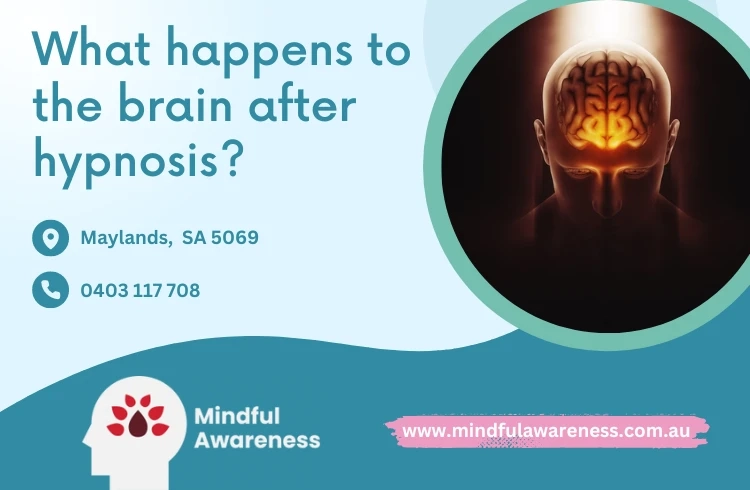Many people think that hypnosis is just a state of relaxation where one follows the instructions given by the specialist. However, it is not the only thing. It is a specialized method of training the mind in such a way that gets relieved from various ailments, or it gets rid of old, deep-rooted habits.
During hypnosis, one might expect to feel almost suspended in time. But when one visits the best hypnotherapist in Adelaide for treatment, a lot goes on behind the scenes. It includes neurotransmitters and brain waves.
Why hypnosis works and how it can help produce meaningful change and long-lasting healing.
Hypnosis changes the way our brain processes information
Understanding Hypnosis
Typically, when you take anxiety hypnotherapy Adelaide, heightened awareness and deep relaxation can be experienced. It can be compared with a state of deep meditation, a state called the “flow state”. In this state, you have narrowed focus and a shifting sense of the passage of time.
During hypnosis, the attention gets keenly focused. So, the therapist can concentrate on making positive changes and progress. It is important to note that at no time is the client not in control.
The process of hypnosis has two principal stages: induction and suggestion.
In the induction state, the therapist will ask the subject to imagine sensory experiences, e.g., the crisp air of a mountain lake, or a quiet forest. It will help the person to move deeper into a relaxing and pleasant visualization state.
After attaining this calm, hypnotic state, your therapist will use suggestions to guide the person away from painful rumination and he will guide the person toward solutions to your problems. Immerse concentration opens the mind to positive transformation and new experiences. It also improves suggestibility, and it is the success of other treatments.
According to experts, the best hypnotherapist in Adelaide can treat a variety of problems like phobias, stress, trauma, depression grief, pain management, migraines, old habits, and so on.
What does the brain do in the state of hypnosis?
Studies performed by brain imaging show higher activity in the prefrontal cortex, parietal networks, and anterior cingulate cortex during the session.
These are the parts of the brain that account for complex functions, such as memory, learning, perception, and memory.
Also, it has a calming effect on regions of the brain that control breathing, heart rate, and other autonomic functions.
Since hypnosis alters your attention and emotions, and it also interacts with past experiences stored in your subconscious, whatever suggestions you receive during hypnosis can result in striking changes in brain activity.


